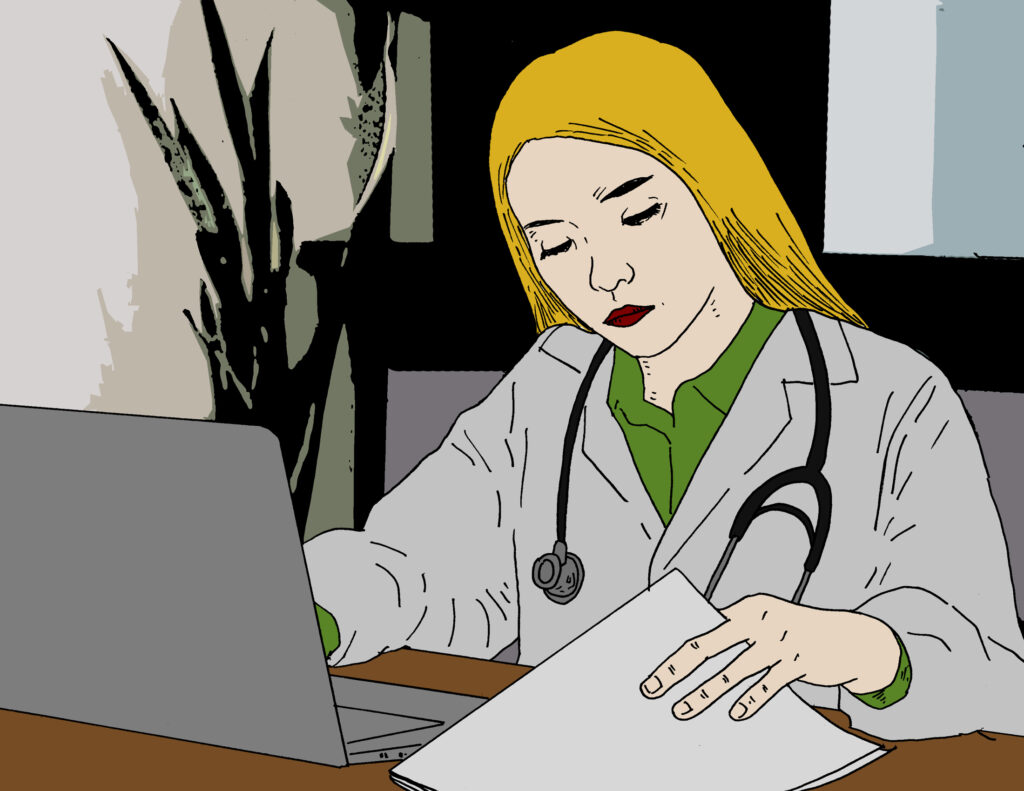
With the increasing need for contact tracing as a necessary means to contain the Covid-19 pandemic from spreading to the public, governments have turned to using smartphone technology to relay valuable information on people’s whereabouts. While many are worried about the surveillance of Coronavirus Contact Tracing Apps, governing bodies globally have ensured that all private data collected by these apps must comply with strict privacy laws intended to protect the right to privacy of information. While the healthcare industry aims to tackle the effects of Covid-19, part of the mission must also be to protect everybody’s right to data security. Here are three ways doctors can help patients get into using Coronavirus tracking apps in the safest possible way:
- Only Recommend Officially Sanctioned Apps – Many private companies and startups all over the world have taken to developing various coronavirus tracking apps, and while nearly all of them claim to provide data protection for their clients, it can be tricky when it comes to choosing the best possible one. Help your patients by recommending only officially sanctioned apps, as it is far less likely for a malicious or unsafe app to be officially promoted by the healthcare industry, and, most especially, the Government. In other words, ask the CDC in your area to recommend the best possible Covid-19 tracker and work closely with your patient to set everything up properly so that they can remain up to date about all coronavirus news in the country and the world.
- Reassure Your Patients Of Safety – All apps require people to provide their personal information when signing up and logging into the app. Understandably, many patients may be wary of this since everyone is aware of the possibility of this data being stolen by hackers and other cybercriminals. If you have only recommended a Government or industry sanctioned app, then you can be confident when reassuring your patients of the safety of their data. However, if using an officially sanctioned app is not possible, then you may suggest that your patient uses a pseudonym as a temporary measure intended to protect their private information.
- Answer Any Questions Your Patients May Have – Be well informed about the tracking apps you recommend to your patients and find some time to answer the questions they may have about them. Nearly all apps come with a capability that allows for patients to manually remove sensitive data, while others are set to automatically delete records after thirty to forty days – the problem is sometimes the patients just don’t know it. You may have to walk them through the software a few times, but it will be worth it once they get a hang of it.
Finally, never forget to remind your patients that while even the best apps may carry a tiny amount of risk when it comes to data theft, that all in all it is worth it. After all, these apps are designed to relay key information without having to potentially expose themselves to the dreaded virus by having to leave home. They also help monitor and keep tabs on people that provide remote updates to medical providers with their health information, thereby reducing the need for patients to physically visit their doctor – helping ensure that healthcare offices are unclogged and reserved for those that need it most.
As the world is brought to a standstill due to the coronavirus pandemic, the health industry has been thrusted into a frontline battle against the spread of this disease. TukkoMed would like to thank all doctors, nurses, specialists, and hospital staff for sacrificing your own safety for the betterment of everyone – not just in America, but all over the world. Remember, if you need us, we are always just one click away.
